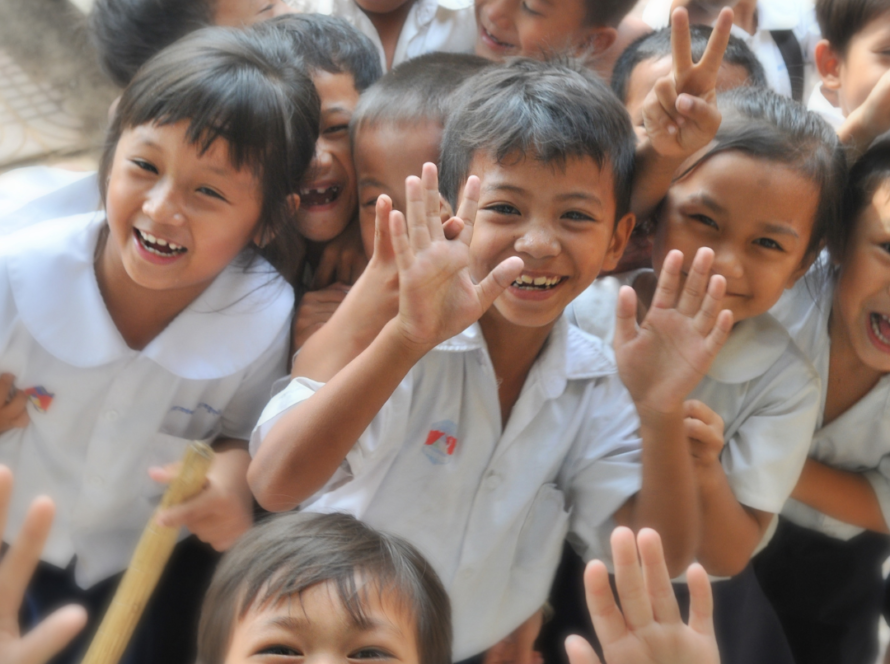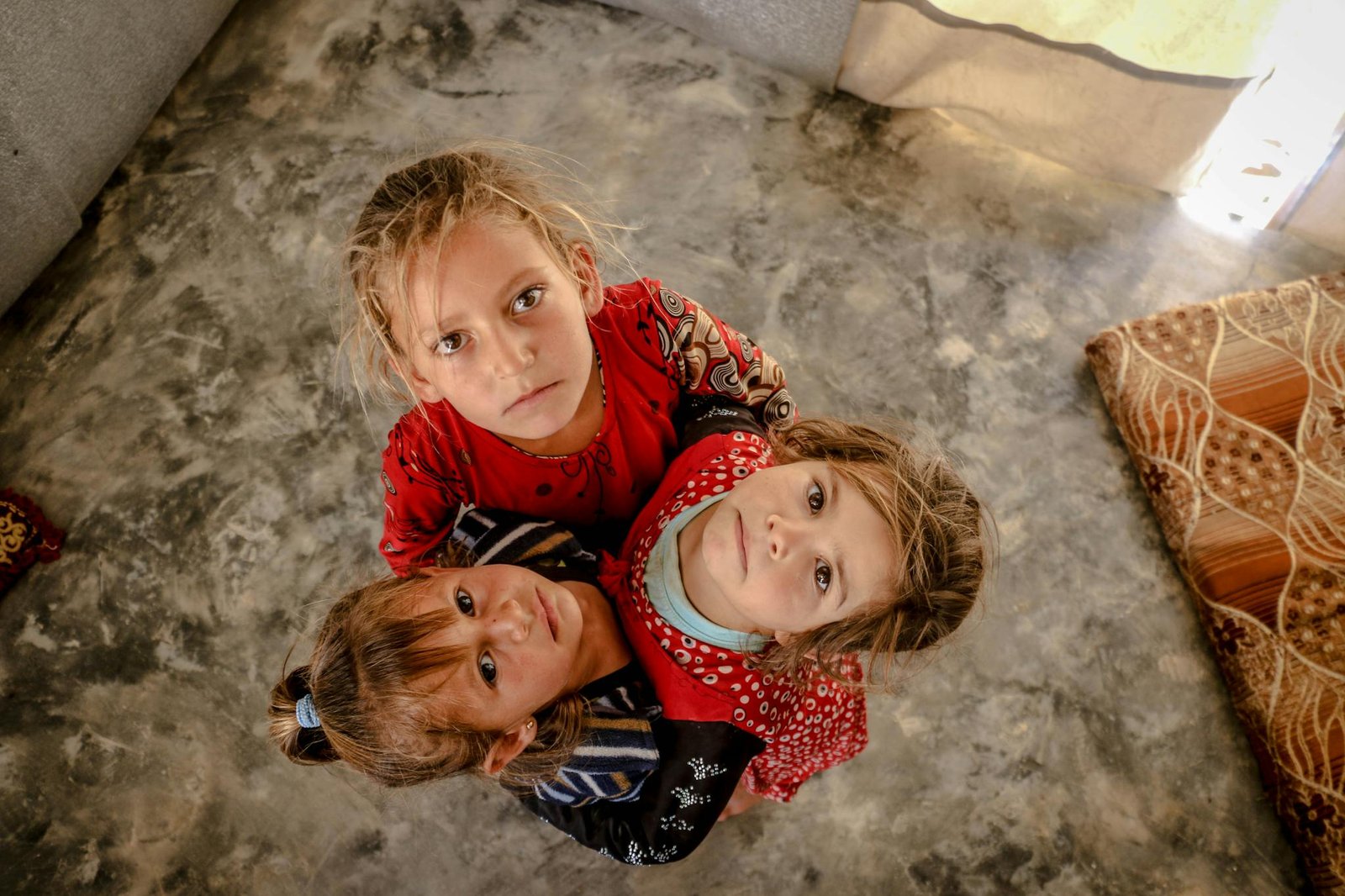Education is the foundation upon which we build our future. It has the power to transform lives, lift communities out of poverty, and foster a more equitable and prosperous society. In this blog, we explore the critical role of education in personal and societal development, the challenges we face, and how we can ensure that everyone has access to quality education.
The Importance of Education
- Personal Growth: Education provides individuals with the knowledge, skills, and confidence to pursue their dreams and achieve their goals. It enhances critical thinking, problem-solving abilities, and creativity, enabling people to navigate life’s challenges effectively.
- Economic Opportunities: A good education opens up better job prospects and higher earning potential. It equips individuals with the skills needed to participate in the workforce, drive innovation, and contribute to economic growth.
- Social Development: Education fosters social cohesion and inclusivity by promoting understanding, tolerance, and respect for diverse perspectives. It helps build stronger, more resilient communities.
- Health and Well-being: Educated individuals tend to lead healthier lives. They are more likely to make informed decisions about their health, access healthcare services, and support their families in leading healthy lifestyles.
Challenges in Education
- Accessibility: Millions of children worldwide still lack access to basic education due to poverty, geographical barriers, and socio-cultural factors. This is especially true for girls and children with disabilities.
- Quality: Even where education is available, the quality can be highly variable. Overcrowded classrooms, insufficient teaching materials, and poorly trained teachers can undermine learning outcomes.
- Cost: The financial burden of education, including tuition fees, uniforms, books, and transportation, can be prohibitive for many families, particularly in developing countries.
- Technology Gap: The digital divide limits access to modern educational resources and online learning opportunities. Students in remote or underserved areas often lack the necessary technology and internet connectivity.
Strategies for Improving Education
- Universal Access: Governments and organizations must work together to ensure that every child has access to free, quality primary and secondary education. This includes building schools in remote areas and providing transportation.
- Teacher Training: Investing in the continuous professional development of teachers is crucial. Well-trained and motivated teachers can significantly improve the quality of education.
- Financial Support: Scholarships, grants, and financial aid programs can help alleviate the economic burden on families, ensuring that all children, regardless of their socio-economic background, can attend school.
- Technology Integration: Leveraging technology to enhance learning experiences is vital. Providing access to digital tools and online resources can bridge educational gaps and offer new learning opportunities.
- Community Involvement: Engaging communities in the educational process helps create a supportive environment for students. Parents, local leaders, and community organizations can play a significant role in promoting and sustaining educational initiatives.
Conclusion
Education is a powerful tool for personal and societal transformation. By addressing challenges related to access, quality, cost, and technology, we can ensure that every individual has the opportunity to reach their full potential. Investing in education is investing in the future – it paves the way for a more informed, skilled, and equitable society. Let’s commit to making education accessible and high-quality for all, empowering individuals and communities to thrive and succeed.


